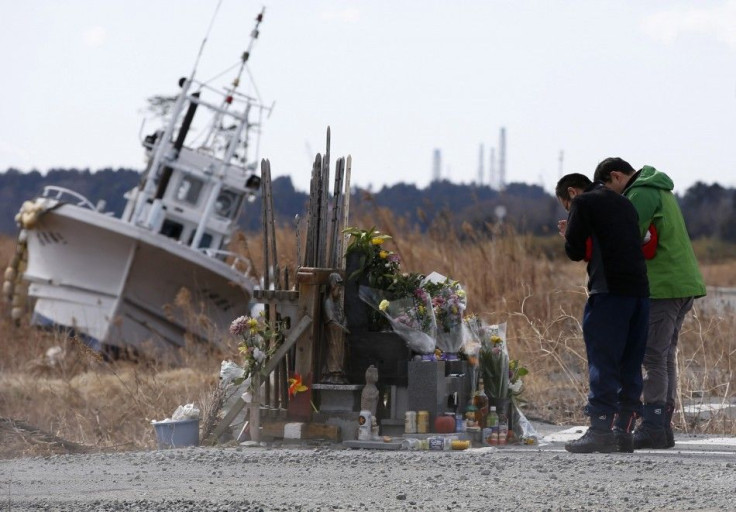Fukushima Suspends Decontamination Process, Water Filtering System Malfunctions Yet Again

A defect in the water filtering system at the crippled Fukushima nuclear plant had forced operator Tokyo Electric Power (TEPCO) to suspend yet again its decontamination process at the facility.
The radioactive water cleanup systems has been collectively called Advanced Liquid Processing System, or ALPS. One of the water filtering systems, called B, has been found not purifying contaminated water as designed.
"Water samples from System B on Monday showed that levels of beta ray-emitting radioactive substances, such as strontium-90, only dropped to several tens of millions of becquerels from several hundred million becquerels, instead of decreasing to several hundred becquerels [as expected]. Tepco suspended water decontamination work with the other two systems [A and C] as well due to concerns about similar problems," the Japan Times reported.
This serves as the second time the beleaguered operator shut down the system since trial operations began in 2013. It treats only less than 200 tonnes of wastewater per day.
An email obtained by blogspot GSBuzz that TEPCO reportedly sent to the press said that because "the nuclide analysis of the water treated by Line B (collected on March 17) showed [that] there is a possibility that the treatment by ALPS is not adequate [to remove all-beta radiation]. As a precaution, we stopped Line A at 1:38PM and Line C at 1:39PM."
TEPCO sad hoped to bring the system fully online on May 2014. But with the latest suspension, concerns are brewing contaminated water may have seeped into the water storage tanks at the plant.
TEPCO still has to determine the cause of the malfunction.
"We don't know yet when we can resume operating the system as we have not detected the cause of the defect yet," a TEPCO spokeswoman told AFP.
Contaminated water stored at the site is placed at about 436,000 cubic metres in about 1,200 purpose-built tanks.





















